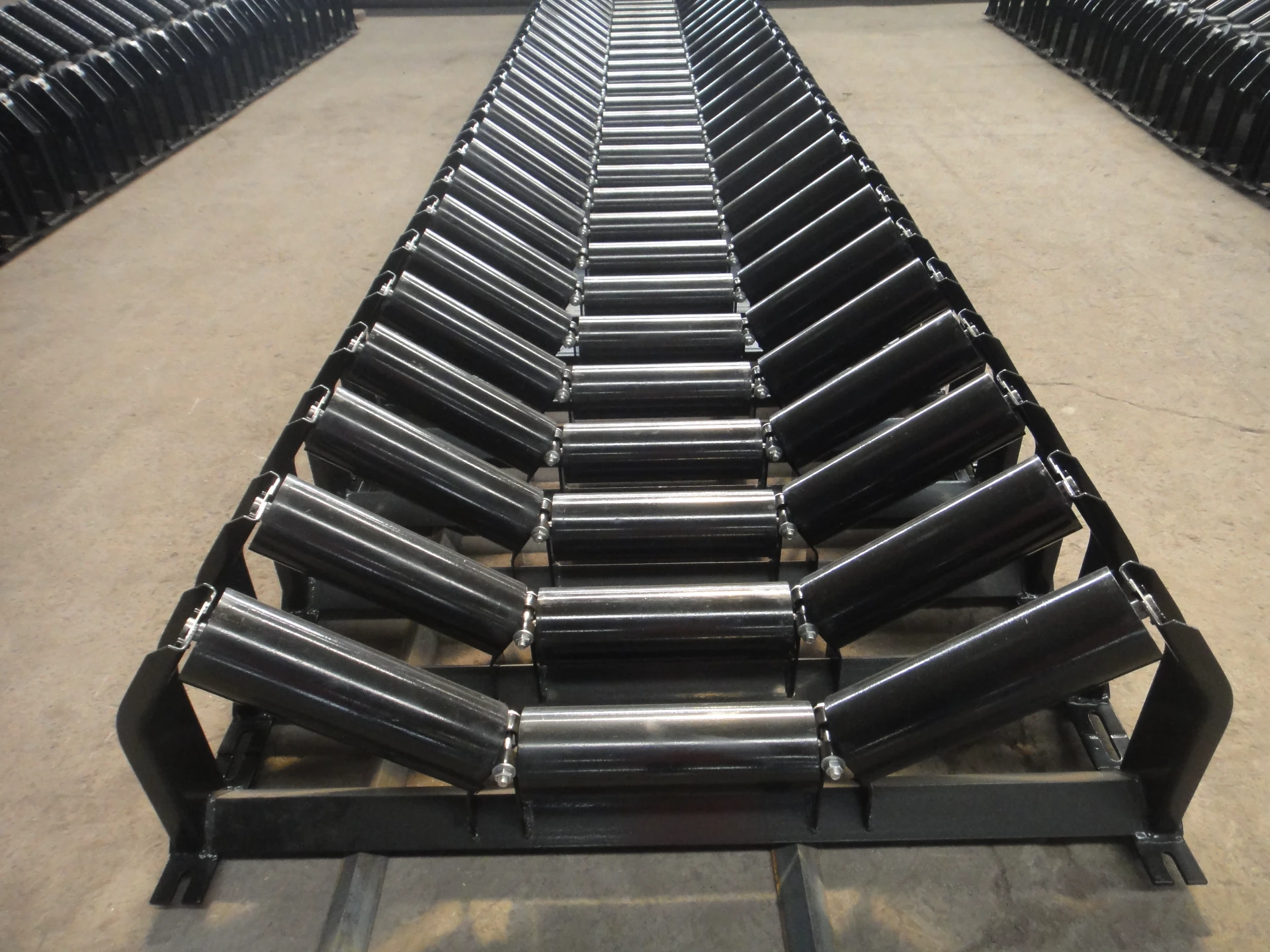 Afrikaans
Afrikaans  Albanian
Albanian  Amharic
Amharic  Arabic
Arabic  Armenian
Armenian  Azerbaijani
Azerbaijani  Basque
Basque  Belarusian
Belarusian  Bengali
Bengali  Bosnian
Bosnian  Bulgarian
Bulgarian  Catalan
Catalan  Cebuano
Cebuano  Corsican
Corsican  Croatian
Croatian  Czech
Czech  Danish
Danish  Dutch
Dutch  English
English  Esperanto
Esperanto  Estonian
Estonian  Finnish
Finnish  French
French  Frisian
Frisian  Galician
Galician  Georgian
Georgian  German
German  Greek
Greek  Gujarati
Gujarati  Haitian Creole
Haitian Creole  hausa
hausa  hawaiian
hawaiian  Hebrew
Hebrew  Hindi
Hindi  Miao
Miao  Hungarian
Hungarian  Icelandic
Icelandic  igbo
igbo  Indonesian
Indonesian  irish
irish  Italian
Italian  Japanese
Japanese  Javanese
Javanese  Kannada
Kannada  kazakh
kazakh  Khmer
Khmer  Rwandese
Rwandese  Korean
Korean  Kurdish
Kurdish  Kyrgyz
Kyrgyz  Lao
Lao  Latin
Latin  Latvian
Latvian  Lithuanian
Lithuanian  Luxembourgish
Luxembourgish  Macedonian
Macedonian  Malgashi
Malgashi  Malay
Malay  Malayalam
Malayalam  Maltese
Maltese  Maori
Maori  Marathi
Marathi  Mongolian
Mongolian  Myanmar
Myanmar  Nepali
Nepali  Norwegian
Norwegian  Norwegian
Norwegian  Occitan
Occitan  Pashto
Pashto  Persian
Persian  Polish
Polish  Portuguese
Portuguese  Punjabi
Punjabi  Romanian
Romanian  Russian
Russian  Samoan
Samoan  Scottish Gaelic
Scottish Gaelic  Serbian
Serbian  Sesotho
Sesotho  Shona
Shona  Sindhi
Sindhi  Sinhala
Sinhala  Slovak
Slovak  Slovenian
Slovenian  Somali
Somali  Spanish
Spanish  Sundanese
Sundanese  Swahili
Swahili  Swedish
Swedish  Tagalog
Tagalog  Tajik
Tajik  Tamil
Tamil  Tatar
Tatar  Telugu
Telugu  Thai
Thai  Turkish
Turkish  Turkmen
Turkmen  Ukrainian
Ukrainian  Urdu
Urdu  Uighur
Uighur  Uzbek
Uzbek  Vietnamese
Vietnamese  Welsh
Welsh  Bantu
Bantu  Yiddish
Yiddish  Yoruba
Yoruba  Zulu
Zulu Rubber Conveyor Roller for Enhanced Material Handling Efficiency and Durability
The Importance of Rubber Idler Rollers in Industrial Applications
Rubber idler rollers are essential components widely used in various industrial applications, from conveyor systems to material handling and processing. These rollers serve a crucial function in supporting and guiding belts, chains, and other moving parts, ensuring smooth operation and efficiency in production processes.
One of the primary functions of rubber idler rollers is to reduce friction and wear on conveyor belts. In systems where materials are transported over long distances, minimizing friction is vital to ensure a smooth flow and reduce energy consumption. The rubber material used in these rollers provides excellent grip and traction, allowing the conveyor belt to move effectively without slipping. This is particularly important in environments where heavy loads are transported, as it helps to maintain the integrity of the belt and prolong its lifespan.
In addition to their friction-reducing properties, rubber idler rollers are designed to absorb shock and vibrations. In industrial settings, machinery often operates under heavy loads and high speeds, which can lead to wear and tear over time. Rubber idler rollers mitigate these impacts by providing a cushioning effect, which not only protects the conveyor belt but also reduces the risk of damage to other components. This feature is especially advantageous in harsh operating environments, where heavy machinery is subjected to frequent starts and stops.
rubber idler roller

The versatility of rubber idler rollers is another significant advantage. They are available in various sizes and designs, making them suitable for a wide range of applications. From small-scale operations to larger industrial processes, these rollers can be customized to meet specific needs. This adaptability makes rubber idler rollers an invaluable asset in diverse industries, including mining, agriculture, food processing, and packaging.
Moreover, the installation and maintenance of rubber idler rollers are relatively straightforward. Unlike other types of rollers that may require specialized equipment or extensive training for installation, rubber idler rollers can often be installed with basic tools. Regular maintenance is also simplified, as these rollers are designed for durability and reliability. Keeping them in good condition involves routine checks and cleaning, which can be easily integrated into existing maintenance schedules.
Another noteworthy benefit of rubber idler rollers is their noise reduction capabilities. Traditional metal rollers can produce significant noise during operation, which not only contributes to a less favorable working environment but may also lead to fatigue among workers. Rubber rollers generate less noise, creating a more pleasant atmosphere in industrial settings. This is particularly beneficial in operations that run for extended hours, enhancing employee comfort and concentration.
In conclusion, rubber idler rollers play a vital role in enhancing the efficiency, safety, and reliability of industrial processes. Their ability to reduce friction, absorb shock, and provide versatility makes them indispensable in various applications. As industries continue to evolve and demand more efficient solutions, the importance of rubber idler rollers will undoubtedly grow. Investing in high-quality rubber idler rollers is not just a prudent choice for improving operational performance; it is also a strategic move toward ensuring long-term sustainability and reliability in industrial operations. By recognizing and utilizing the advantages of these rollers, businesses can enhance their productivity and maintain a competitive edge in today’s fast-paced market.
-
Revolutionizing Conveyor Reliability with Advanced Rubber Lagging PulleysNewsJul.22,2025
-
Powering Precision and Durability with Expert Manufacturers of Conveyor ComponentsNewsJul.22,2025
-
Optimizing Conveyor Systems with Advanced Conveyor AccessoriesNewsJul.22,2025
-
Maximize Conveyor Efficiency with Quality Conveyor Idler PulleysNewsJul.22,2025
-
Future-Proof Your Conveyor System with High-Performance Polyurethane RollerNewsJul.22,2025
-
Driving Efficiency Forward with Quality Idlers and RollersNewsJul.22,2025





























